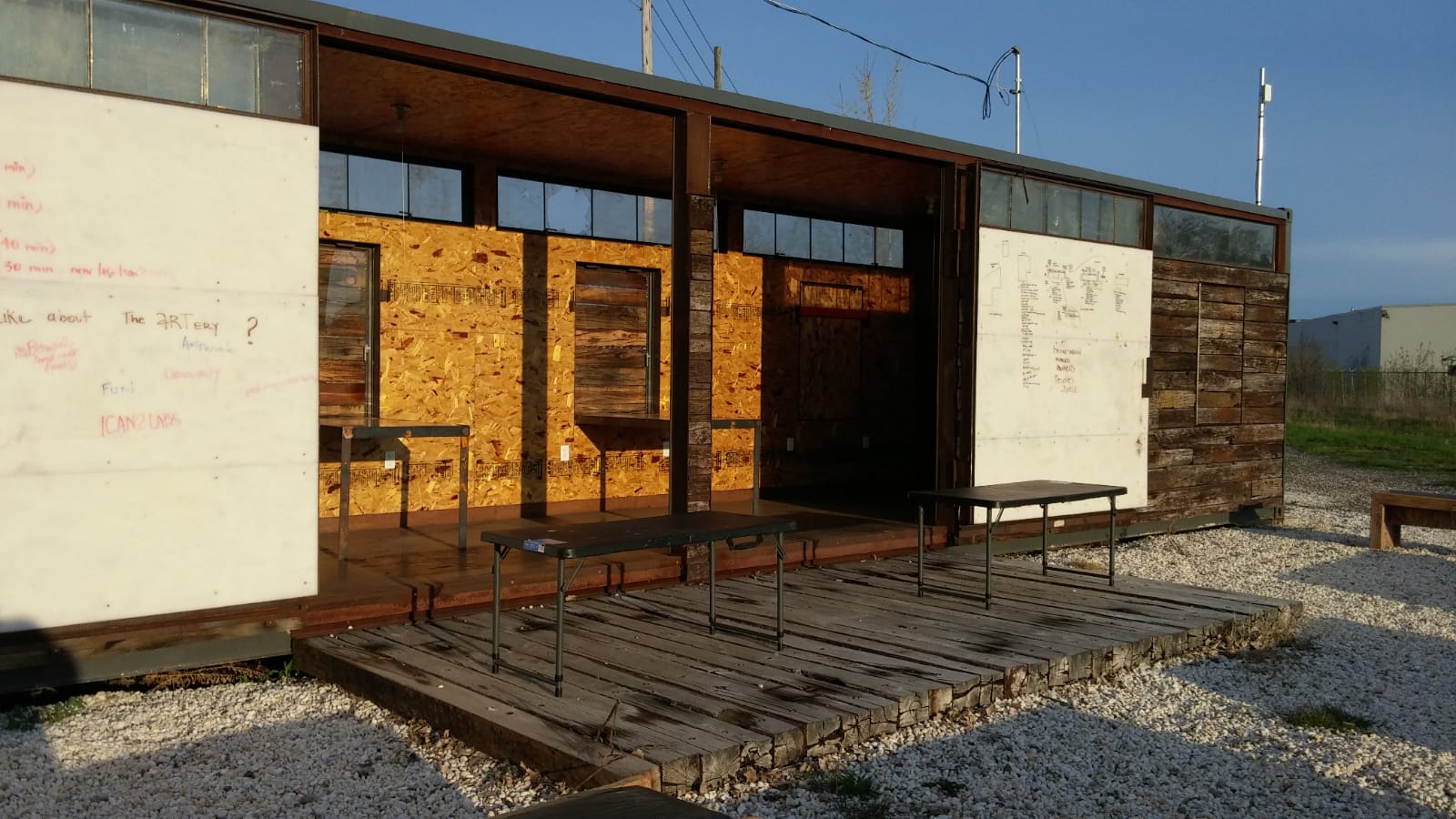Malaz: A Salient Example Of How You Do Better When Your Hobby Is Your Profession
15 July, 2018
KHARTOUM (Sudanow) – When she was student Malaz Mohamed Mohi Eddin Elgemiabby topped her class to graduate with honors from the Faculty of Architecture, the Metropolitan University, London, UK.
Her graduation research was also picked as the best from several other researches presented by students from around the World. The University also conferred on her the order of outstanding academic performance throughout her study at the University and for her voluntary service in the British society.
Her research was a project for helping single mothers earn a living.
Speaking to Sudanow from her residence in Ohio, U.S.A, Malaz said she started her university education when she was only 15 year old at the Faculty of Dentistry, University of Khartoum, upon the wish of her family, a career she did not like.
“Choosing a career is very difficult in the Sudan. We do not have the means that help the student choose a career according to his/her talents and special faculties,” she said. “The common notion in Sudan is that the shining students go study medicine or engineering and the rest of the students are not clever and can go and study anything else and that is all,” she said.
At the Faculty of Dentistry, which she did not choose, Malaz discovered that there are different specializations. She never knew that there are students with passion for specializations other than medicine and engineering such as economics, arts, languages, law, journalism and communication. She came to know what it means to have passion for knowledge and kept moving around the different colleges, attending lectures here and there to see what they were doing and to find out what branch of learning appealed to her.

Her preoccupation with creativity drove her to keep attending engineering lectures. She thought that engineering could give her the liberty to express her thoughts, particularly when she found herself in design.
Then she took the decision to move from medicine to architecture, a choice rejected by her family and the Faculty of Dentistry. She then applied to architecture faculties in all Sudanese private universities and was rejected.
The situation became very complicated and nobody was willing to help her for fear of offending her family. Then she thought of joining the faculty of business administration at the Ahfad University and at the same time keep up with her studies at the medical faculty. Her idea was to become a businesswoman, an occupation that could help her spend on her architecture studies in the future and keep her dental certificate behind.
She joined the business faculty in secret. Two years later the two deans of faculties discovered what she was doing in a casual chat between the two of them. The dean of dentistry summoned her and told her that what she was doing was wrong and a violation of the regulations. At this point she thought of deserting education in Sudan altogether. She started looking for the best architecture schools in the World. She travelled to Britain as a normal visitor. There she found that the architecture colleges that best suit her ambition were in the City of London. She remembered that as a little girl she had dreamt of studying in London. “I had always dreamt of that. I found among my papers an article I had written as a young girl about my wish to study in London,” she says.
She applied to the Architecture Faculty of the Metropolitan University. There she met Iraqi Scientist, Zaha Hadid (a renowned architecture professor) who encouraged her a good deal after discovering her capabilities. She considered that the most difficult period in her life. That was a new country and a new people for her. But that period taught her the meaning of life.
“That experience had taught me what it means to grow up and mature and to have your independent character. It taught me that in the societies where the identity is formed in a collective manner it is difficult for one to have his/her individual identity,” she said.

Nonetheless, Malaz kept up with her architecture studies that she enjoyed a great deal, moving from one stage to another with unprecedented grades, in fact without a challenger from students drawn from all over the World. That excellence prompted the University to exempt her from two stages in the British architects fellowship. In addition, she was chosen within a group of students to visit North Korea. There they had met with the outstanding architect who designed the modern Chinese cities. “It was a valuable scientific trip,” says Malaz.
After graduation Malaz married medical doctor Khalid Doasa and travelled with him to Qatar where she joined an architecture company in which she presented unprecedented designs for which she won a number of prizes and was honored by several Qatari entities.
During her work in Qatar U.S engineers noticed her abilities and secured her a post-graduate scholarship from the Virginia Commonwealth University at a sum exceeding 80,000 dollar, paid by the Qatar Foundation, where she also won awards in student competitions.
At the moment Malaz works at an architecture firm in the State of Ohio, U.S.
“I am a different personality, in fact a rebel against all the traditions and customs that shackle women, favor men and limit the freedom of women,” she says.
“There in London I used to drive a bicycle and a motorcycle. I worked in a cafeteria where I and my brother used to prepare a sandwich in a matter of a three seconds,” she says.
In London she showed great interest in societal problems and presented a number of projects on how design can serve social causes.
She also set a friendship society to assist inmates of the Sudan’s Maygoma center for abandoned children that rallied handsome help from the Sudanese communities in Britain. Her objective was to raise awareness about this category and encourage individuals to adopt them.
Malaz is also a poetess, writing in English and Arabic. She was also an actor in the Omdurman’s Hasaballa Theatre Troupe and a playwright. She has written a play entitled “The Orphan’s Stigma” which “condemned the society that accepts the mother and rejects her fatherless child.”
During her stay in Qatar she happened to attend a play. An actor in the play failed to appear on the stage on time. A Moroccan friend of her asked her to join them in the show, a request she hesitantly complied to. She ascended the stage and played the role of a taxi driver, to the applause of the audience and the play director.
In 2015 she won the best montage award of the Tiharqa International Festival for Cinema and Art.
Malaz is also a mountain climber.
E N D
YH/AS








